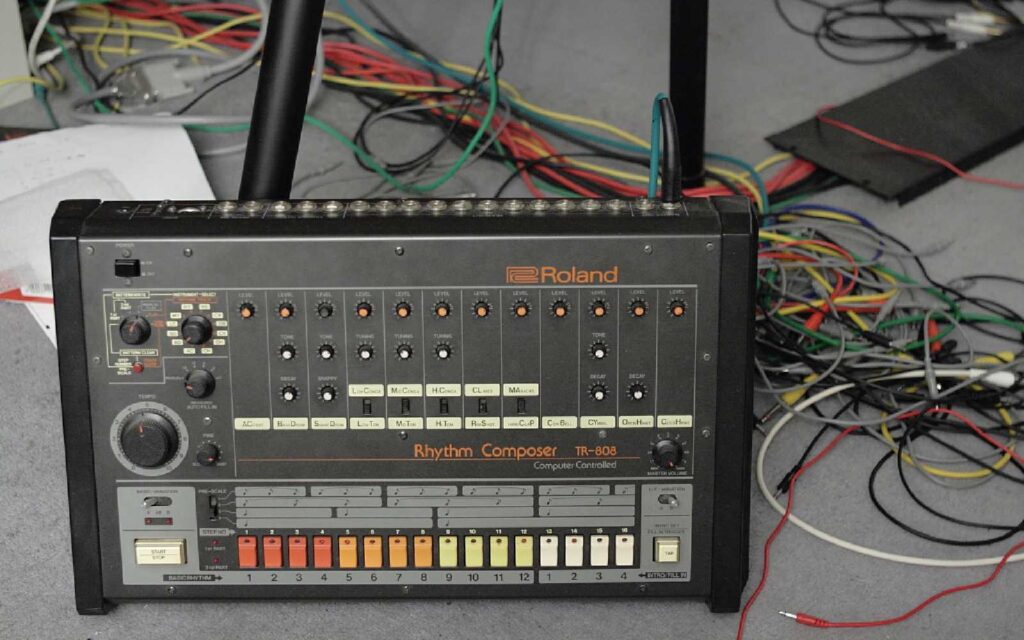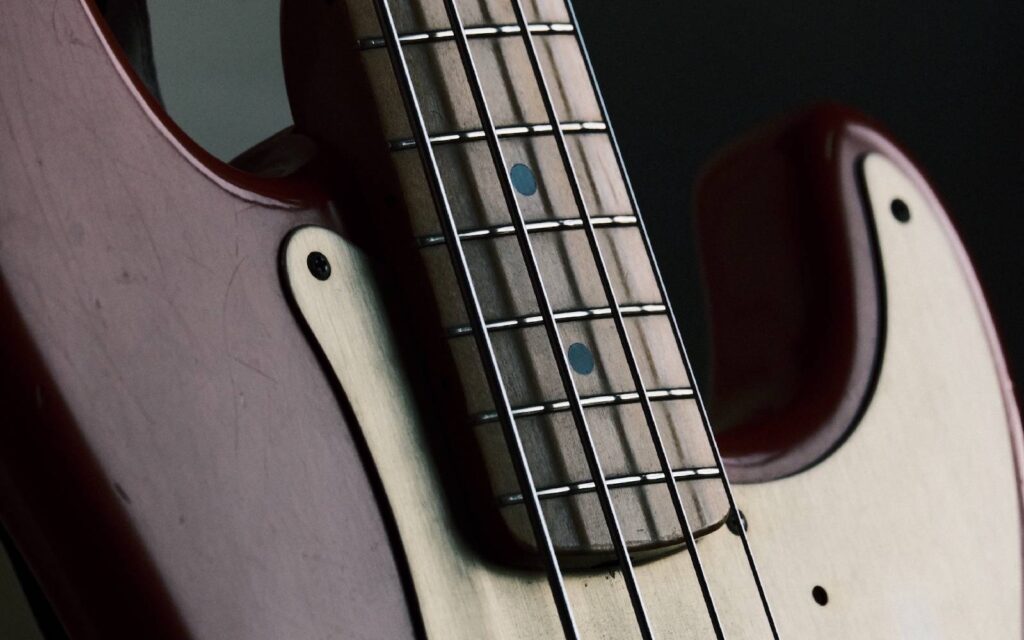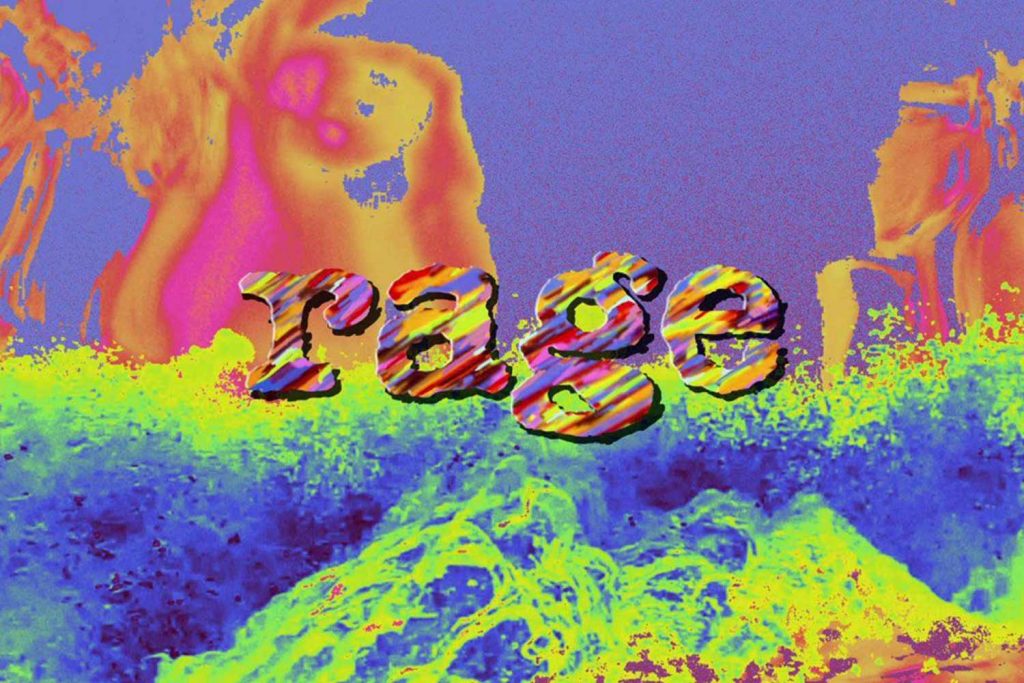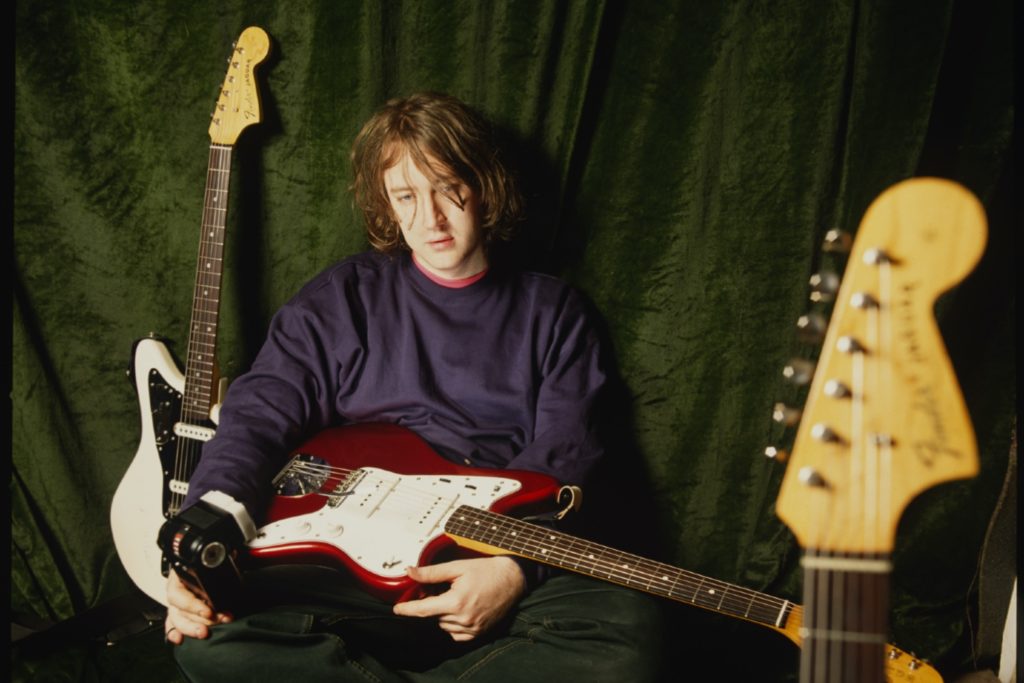Sam, a.k.a. Sakr, is sat in his small London studio, surrounded by gear and instruments. We begin chatting about his work as both a producer and songwriter for other people, now writing Structures for himself.
Sakr is a producer and songwriter currently living in London, having grown up in Sydney’s suburbs. With years of experience as a writer for other artists, working together with labels to deliver stellar music, Sakr has branched out into his own songs on his debut EP as a solo artist: Structures.
Pulling influence from both his pop roots and Middle-Eastern heritage, Sakr manages to combine it all seamlessly into his own unique sound.
Sakr
“The two [worlds] are completely separate,” he begins. “In terms of how it’s influenced me as an artist, and what I’m doing as a creative myself, I think for so many years working in that more pop/alternate industry, it’s given me a sense of structure, naturally my brain is geared for things to change every two seconds.”
Read up on all the latest features and columns here.
Sakr has worked for labels and big artists, where he’ll start a session with nothing and need to have an idea by the end of the day; no matter the time, vibe or scheduling.
“‘Cause I’ve worked in this pop realm for so long, it really taught me the benefits and the importance of repetition. Not that my music is too repetitive, it’s just influenced me to know that it’s okay if something happens again.”
Sakr’s pop profession isn’t immediately present on Structures—a dynamic, moody and shape-shifting landscape of textures, but now that he mentions repetition, lending himself to writing a good hook and repeating it, maybe this influence does shine through after all.
“It’s also put me into really good work practices of work ethic, coming into creativity every day. Growing up, I think there was so much pressure in needing the idea before you start. By no means is [Structures] leftovers [from pop], it was a separate workflow. I needed to find my own voice again.”
We speak to Sakr finding his own voice, pulling influence from his Middle-Eastern heritage as well as his modern, pop work. Modern pop uses a lot of western scales, whereas eastern music harnesses half-tones and more to create a unique sound. What defines music as Middle Eastern to Sakr?
“Certain scales, you get that Middle Eastern influence. A prime example of that is the Dune soundtrack, y’know ‘that vocal sound quite Arabic.’” he begins.
“Further from that, particular drums and rhythms come with Middle Eastern percussion that are incredible. I was always around [them] growing up, but I removed myself from it. Now, when I’m listening to modern popular music, I’m hearing a lot of these rhythms that I heard at Lebanese weddings growing up, and functions, and it’s like ‘Oh shit, that’s derived from here.’”
“I’m living in London now, and it’s a bit more multicultural than it was in Sydney. On every high street here, there’ll be three shops always playing Arabic music, it’s a bit more surrounded in my life. There’s just so much energy that comes from it.”
So, surrounded by keyboards and instruments that look to be tuned for Western scales, how did Sakr do it?
Modular synth & eurorack modules
Sakr turns to his modular synth rack and smiles. “So …” he starts. “The way I’m doing it is with a lot of modular synths. The way they work is they’re CV-operated, there’s touch ones and stuff, and it’s a bit like a guitar; you have to tune it.”
Sakr is lifting patch cables away from the units as he explains, the spaghetti of leads moving through each module at multiple contacts points.
“They’re not quantized, so a lot of it comes from there. Random CV, all of these happy accidents. They have semi-tone tuning, but they also have fine-tuning. A lot of this stuff is about the bending of things?” Sakr’s inflection goes up here, turning to make sure I’m keeping up. I am… I think.
“You might start on a particular note, but it’s more the glide and the bending of the notes on particular notes within the scale [that gives it that Eastern sound]. It can still be within the twelve notes of a western scale, but they might be the harmonic minor or a melodic minor … over a particular chord, that can give the effect of things sounding Middle Eastern—out of the [conventional] minor and major.”
Sakr speaks further to his modular synth being a huge learning curve, but also a huge step forward for production. In the software world, we can begin with a decent sounding preset and feel no need to move forward. Modular is a little less forgiving, forcing you to start with nothing, an “empty palette”, and create something from scratch.
We laugh about the fleeting feeling of it all. I ask about recall, Sakr explaining that even if there was, the temperature of the room, the system, failing components and more can sometimes yield sounds you’ll never be able to achieve again.
“There is nothing more in-the-moment than modular. There are so many elements that come into play for that patch to be recorded,” he says with a laugh, adding “… or not recorded.”
“There’s this beauty of mistakes, of happy accidents that come from sitting at a keyboard or guitar, any sort of instrument, that it’s really hard to get with a DAW.”
Finally, we turn to immersive audio, Sakr’s new EP having been mixed by Stan Kybert. Sakr’s approach to music is immersive anyway, wanting to feel surrounded and enveloped by it, and mixing in Atmos makes sense when this is what’s pursuing.
“This was quite important in some regard,” he begins, explaining that it’s what he intended to do from the start. “I feel like Atmos does a thing where it puts you inside the soul, you kind of feel like you’re collaborating with it.”
Keep up with Sakr here.







